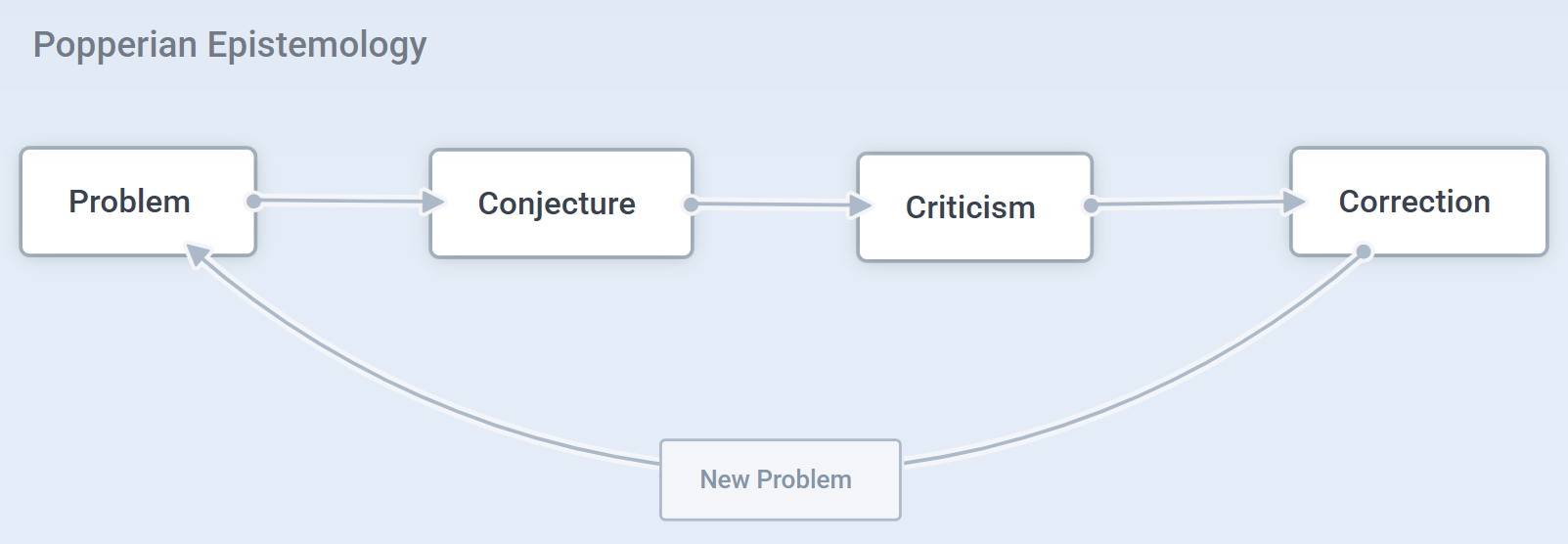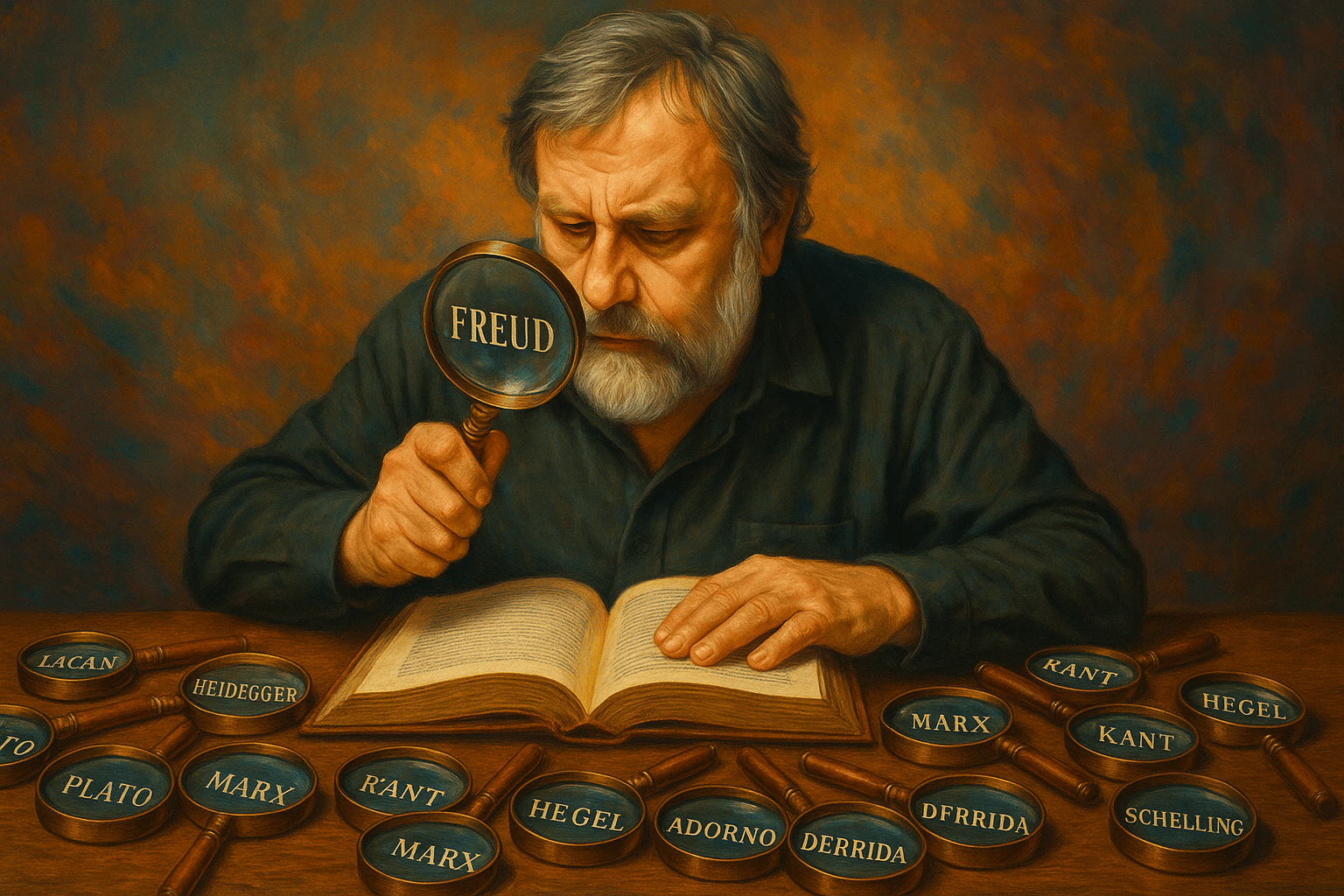
A Practical Guide to Popper's Epistemology (via David Deutsch)
Where does knowledge come from? How do we decide that one explanation is better than another? These are foundational questions across every field of human inquiry.
In The Fabric of Reality (TFoR), David Deutsch presents a powerful defense of Popperian epistemology — the view that knowledge grows through bold conjectures and the systematic elimination of errors. Deutsch argues that this framework is one of humanity’s four most fundamental explanatory theories, alongside quantum physics, evolution by natural selection, and the theory of computation.
In this article, I will outline what I understand Popperian epistemology to assert.
Continue reading →
